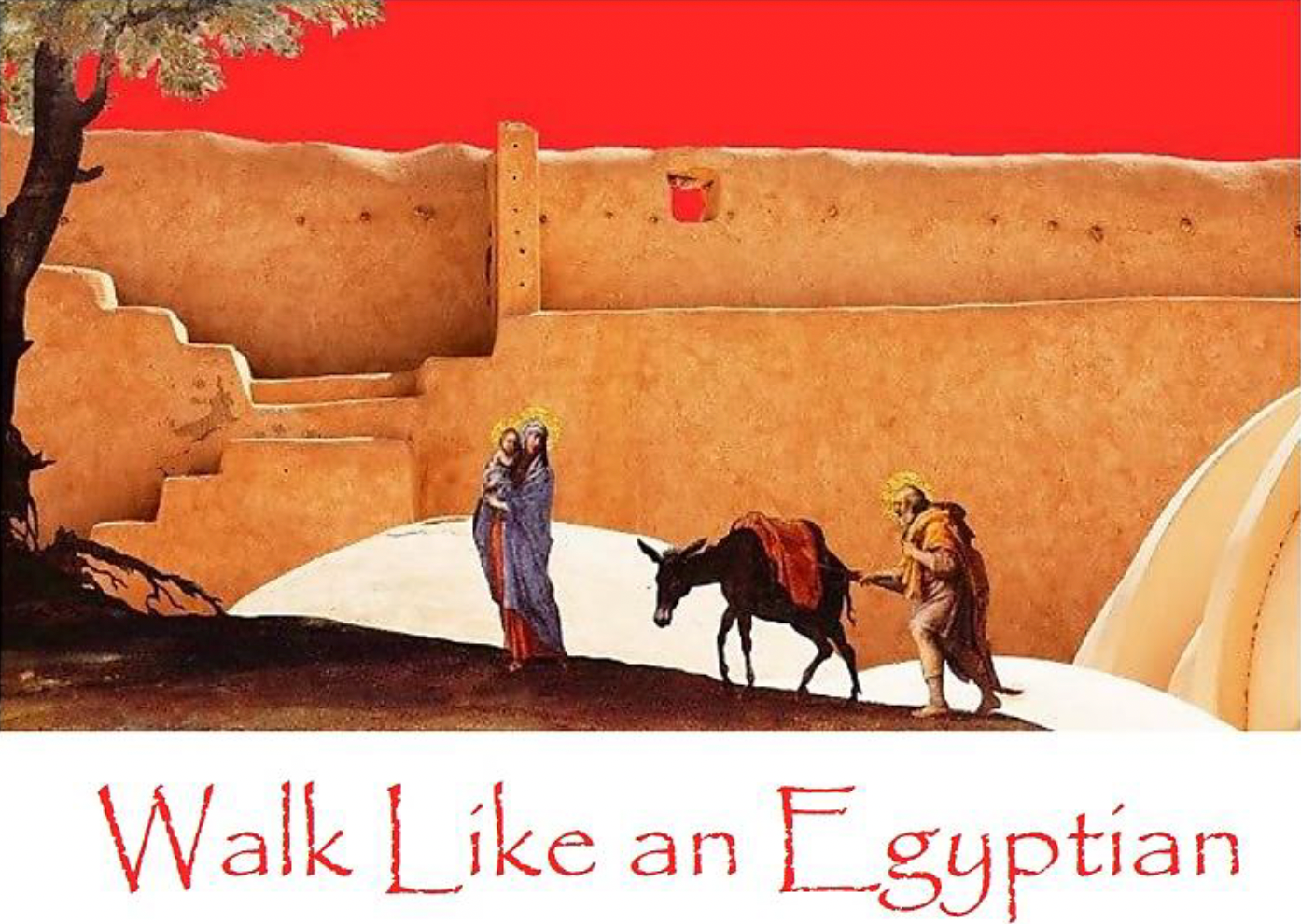Worship Service Sundays at
10am
|
In-Person
or Livestream
Here
Join us on Wednesday, February 19 at 7pm with Author and Activist Loretta Ross with her new book "Calling In: How to Start Making Change with Those You'd Rather Cancel." This is a free event and all are welcome! Please RSVP here.
The NEW Fillmore Choir presents Rachmaninoff's All-Night Vigil –
Get tickets here!
Saturday, March 1 • 7:30pm • Suggested Donation $25
Sermon 08.20.2023: Abiding in Joy
Keeping the Sabbath is a command, but it isn't meant to be punitive. Let's bring some joy back to our practice of Sabbath.
Scripture
Genesis 2:1-3
Thus the heavens and the earth were completed in all their vast array.
2 By the seventh day God had finished the work he had been doing; so on the seventh day he rested from all his work. 3 Then God blessed the seventh day and made it holy, because on it he rested from all the work of creating that he had done.
John 15:9-15
9 “As the Father has loved me, so have I loved you. Now remain in my love. 10 If you keep my commands, you will remain in my love, just as I have kept my Father’s commands and remain in his love. 11 I have told you this so that my joy may be in you and that your joy may be complete. 12 My command is this: Love each other as I have loved you. 13 Greater love has no one than this: to lay down one’s life for one’s friends. 14 You are my friends if you do what I command. 15 I no longer call you servants, because a servant does not know his master’s business. Instead, I have called you friends, for everything that I learned from my Father I have made known to you.
Sermon Text
We are in the second week of our sermon series on Sabbath. I invite you to think back on this past week. How’d you do with rest? Were you able to set aside any time?
I had a mixed week. I had my normal church-y meetings and work, which was manageable. But then I had a hard deadline for a writing project that I’d let fall behind. And so by the time my work week ended on Thursday afternoon, I was pretty wiped out.
But then I left my computer at home and spent time with some friends. And I slept well. And laughed hard. And read a great book. And enjoyed helping prepare meals.
Some weeks are A+ sabbath weeks and others not so much. As you think back over your week, I hope you can glimpse at least a moment of where you felt enough rest to feel joy.
For this hour, let us rest. Set aside the worries you hold about this coming week. Set aside your regrets of this past week. They’ll all be there when we leave, if you want to take them up again. For now, be present in this moment.
Let us worship in joy.
In the Deuteronomy telling of the Ten Commandment story, which we heard last week, we’re instructed to Observe Sabbath because God rescued us from slavery in Egypt. Sabbath becomes a political statement against slavery, and against economies that force people to work so others can rest.
In the other telling, in Exodus, we are told to Remember the Sabbath because God created the world in six days and on the seventh, God rested.
If you’ve grown up hearing the Ten Commandments, or are familiar with this account of creation from Genesis, it may not seem like a big deal to say that God rested.
But did you hear how many times the Genesis account brought it up?
It’s a big deal. It’s counter-intuitive.
We talk about God being all knowing, all powerful, all present. We speak of God creating the entire universe, and the honey bee, and the blue whale, and Beyonce.
For God to rest, though, is to say that God stopped. God stopped working. God stopped creating. God stopped.
The idea that God would step away from all that, to rest, to enjoy what God had already made—that’s scandalous in a 24/7 culture. And yet it’s scriptural.
We now live in a world when things don’t stop. Grocery stores are open 24 hours a day. If brick and mortar stores close, we can shop online 24 hours a day. We can watch anything we want on TV, 24 hours a day. Because of technology, we can work from home, 24 hours a day. (It is possible this sermon was not written while I was sitting at my desk at church, but was written not during office hours at home.)
I can hear about a book I’d like to buy, get on my phone, order it, and have it delivered the next day. I am an instant gratification machine.
And when places do close, like all businesses used to do when I was a kid, have you noticed how frustrated we now get?
If you call a customer service number and the message says to call back during office hours—how dare they!?
If you *need* a particular food item late in the evening, but the restaurant/store is closed—admit it, we feel put out, inconvenienced. We like 24/7. When it’s convenient for us.
It’s not convenient for the workers, perhaps, who have to be there for our out of hours whims. And I know a job is a job, but one of the lessons of Sabbath is that everyone, every single one, is worthy and deserving of rest.
Our economy doesn’t value that, but God does.
God stops divine work. And God calls us to follow suit.
That’s a contrast to Pharaoh, from whom the Hebrew people were delivered out of slavery. Pharaoh had lots of leisure in the palace, while he forced others to work on his behalf. That’s not how God behaves.
God calls us to rest as God rests.
Many of us may have issues with the politics of Chik-fil-A, but because of the owner’s faith beliefs, he honors the Sabbath, and each store is closed on Sundays. It is a rare illustration of a company that is putting their faith ahead of profits. And while I wish his homophobia didn’t taste so chicken fried delicious, I respect the way he observes Sabbath, and allows his employees to do the same.
Sabbath rest is not about maximizing profit. Also note it is a different thing for a company to choose to structure themselves for Sabbath than for governments to force companies to observe Sabbath.
Many of you remember ‘blue laws’, which took Sabbath and codified it into law, prohibiting people, whether they observed Christian Sabbath or not, from purchasing certain things on Sundays. Many stores still remain closed on Sunday, even as most blue laws have been repealed. Constantine passed the first of these laws in 321.
“On the venerable Day of the Sun let the magistrates and people residing in cities rest, and let all workshops be closed.” — Codex Justinianus, lib. 3, tit. 12, 3
In the US and Canada, these laws could be strict, and people were arrested for keeping stores open, or drinking, or traveling. This history reminds me that in the US, we have a long tradition of making one strand of Christian practice and tradition into law that everyone has to observe, in a country that has never been entirely Christian. Jewish people have been observing Sabbath far longer than we have, but their Sabbath is on Saturday, and the US never expected everyone to observe the Jewish Sabbath.
Some good things came out of those laws. Government offices are not open seven days a week, largely because of those laws. It is good for workers to get rest from their toil.
God gave us the invitation to rest at the beginning of creation. “So God blessed the seventh day and hallowed it, because on it God rested from all the work that he had done in creation.”
And then God felt Sabbath was important enough that Sabbath made it into the Ten Commandments. While people, throughout history, have tried to turn Sabbath into an enforceable law, God keeps trying to make it about joyful living.
The passage we heard from John’s gospel doesn’t mention Sabbath, but it does say this:
“If you keep my commandments, you will abide in my love, just as I have kept my Father’s commandments and abide in his love. I have said these things to you so that my joy may be in you, and that your joy may be complete.”
Keeping commandments is not to get the rules right, or to force others to get the rules the way you think they should be. Keeping commandments is about abiding in love.
When we abide in love, God’s joy is made complete in us.
Blue laws were on the way out when I was a kid, but it is hard to see abiding in love, or God’s joy complete in laws that punished people for driving their buggy to church on Sunday.
Rather, it is the stories of regular Sunday dinners, where family and friends would gather together around a meal, letting the concerns of work wait until tomorrow—those are the Sabbath stories that make me think of abiding in love.
We serve a God who not only rested, but who didn’t put an enforcement clause into the commandment that calls us to rest. God’s call for us to rest is invitational, it’s relational, it is about abiding in love and completing our joy.
We can’t force or compel people to abide in love. We can’t put people in jail for not making God’s joy complete. It reminds me of a parenting moment that I trust we’ve all experienced in some form or another. The parents have planned for a great day of good family fun. But things don’t go as planned. The amusement park is crowded and hot, the kids are grouchy and tired and want to go home, and you hear the parent cry out “WE’RE HAVING FUN! STOP YOUR CRYING!”
That never worked well as a parenting strategy for me. Sometimes you need to set aside your plans and go take a nap. (The kids can nap too, if they want).
God shows us how to do Sabbath because God is invitational. While we will never be perfect as God is perfect, we can seek to imitate God with an invitational spirit.
And if God could stop working one day a week, who are we to think that we cannot?
If Jesus told us to keep the commandments so we can abide in God’s love, who are we to think punitive laws and enforcement are better for bringing people to love and joy?
Jesus says, “As the Father has loved me, so I have loved you; abide in my love.”
I’m struck by how unconditional God’s love is. As much as God loves Jesus, God loves us. We aren’t instructed to keep the commandments so that God will love us. God loves us. Full stop.
I’m also struck by how often I hear people say some version of “God loves everyone, but…” And then they go on to place conditions on God’s love until our behavior matches up to what they’ve been told is required.
Any conditions we put on God’s love doesn’t come from God. When you hear people say, “God is love”, and then immediately add “but…” know that we’ve entered into conjecture and opinion. God is love. Full stop. End of sentence. Everything else is commentary.
Listen in your own hearts and words, for the times you put conditions on God’s love. Maybe you do it for other people. Maybe you do it for yourself. Either way, notice it. And question it.
Consistently in scripture, God chooses the people, not because their behavior has earned it, but because they are God’s people. Jesus’ consistent message is that God so loved the world. We’re called to keep the commandments, not so God will love us but so that our lives will be better and will more closely resemble what God dreams for us.
God knew that for us to be able to abide in joy, we had to be able to set aside our striving to earn God’s love and approval. All conditions for earning love had to be swept aside.
For God so loved the world that God gave their only Son, it says earlier in John’s gospel. And from today’s verses: I have said these things to you so that my joy may be in you, and that your joy may be complete.
This week I invite you to take up God’s invitation to abide in love. If love is the place we live, perhaps we’ll better catch the rhythm of life, where work has an important place, and rest does too. Where productivity is strengthened because sometimes productivity ceases. Where abiding in love makes us want to give people the rest God wants for us all.
May we find rest for our souls in the unfathomable love of God.

Art by Jess Churchill
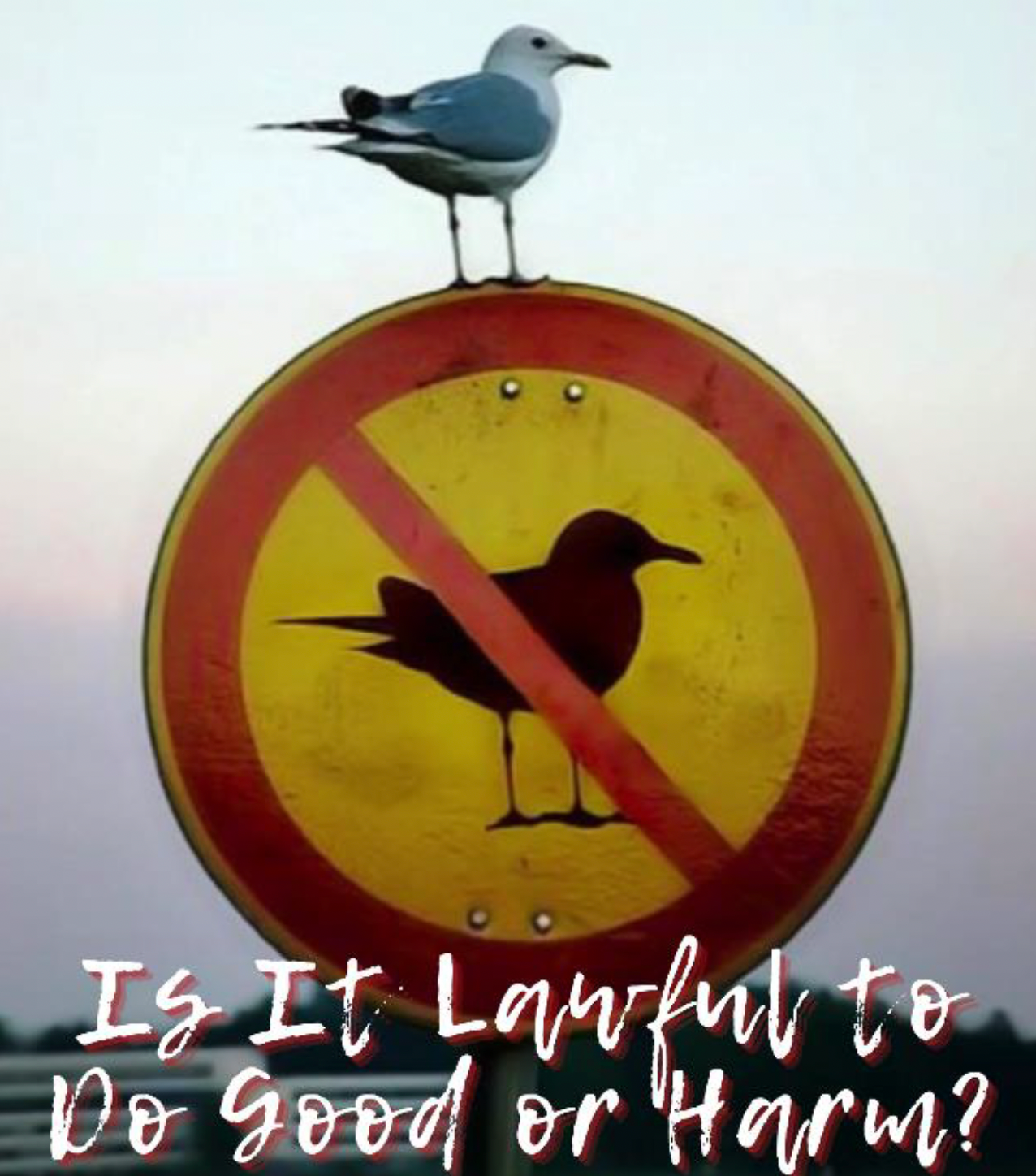
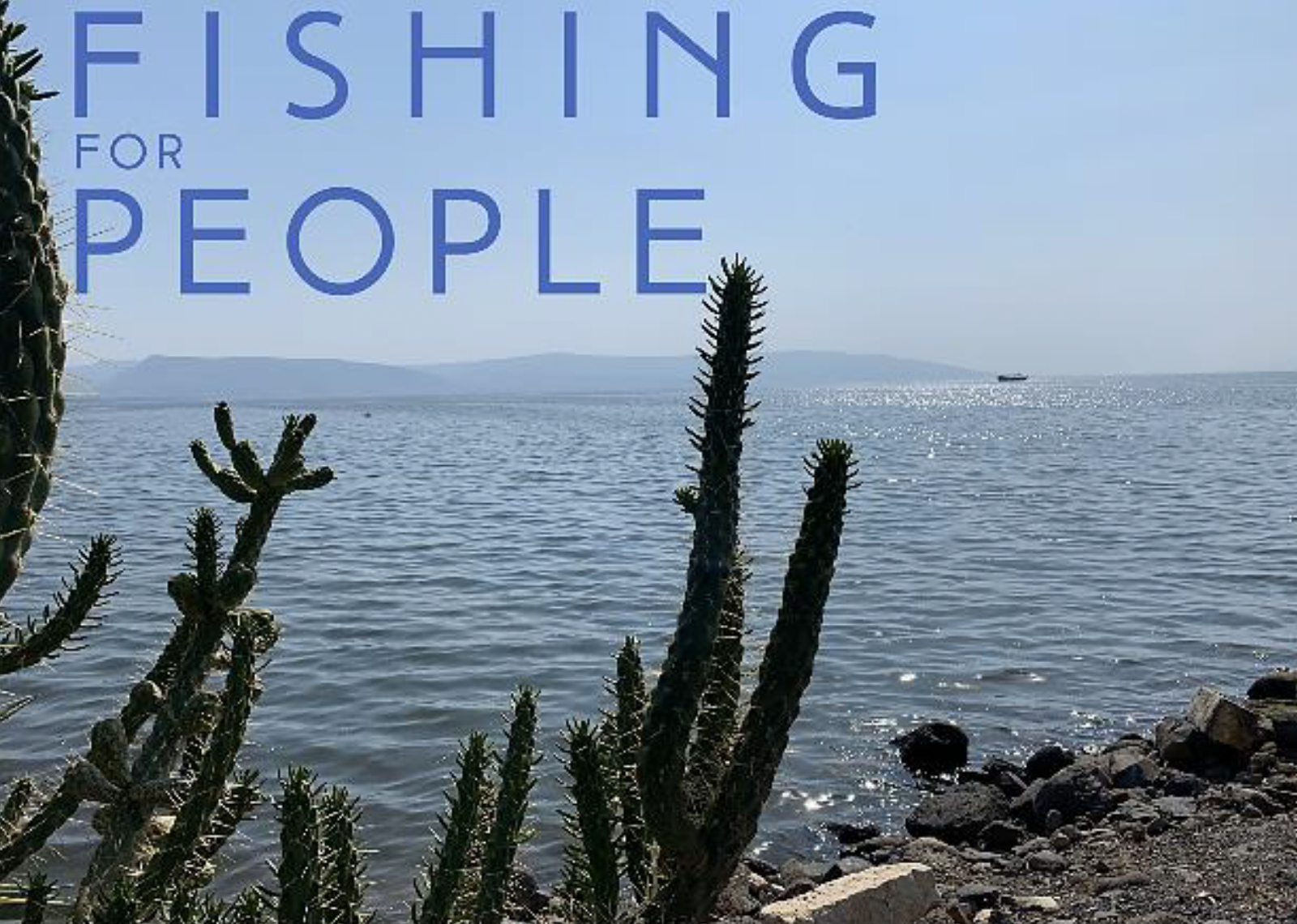
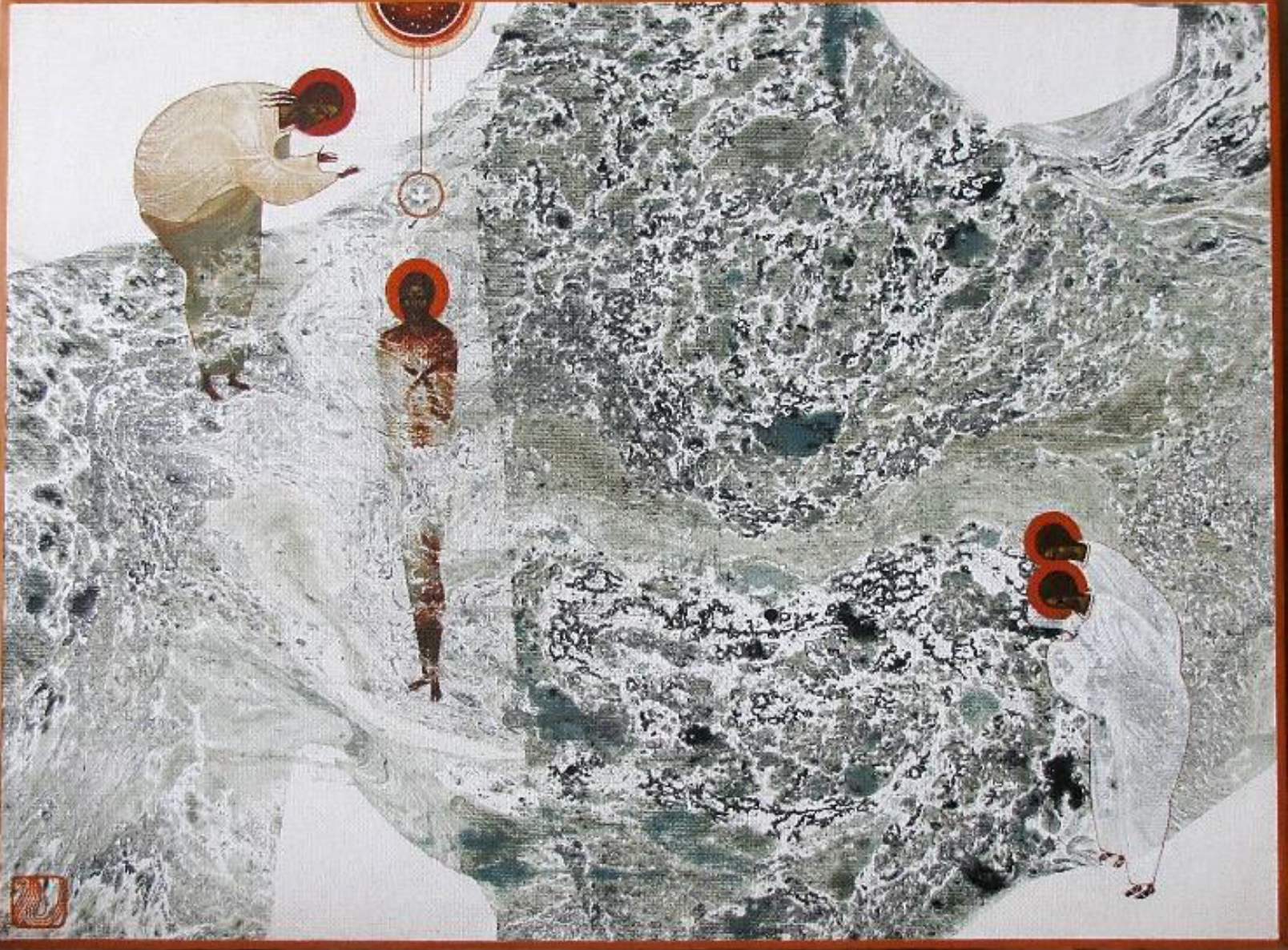
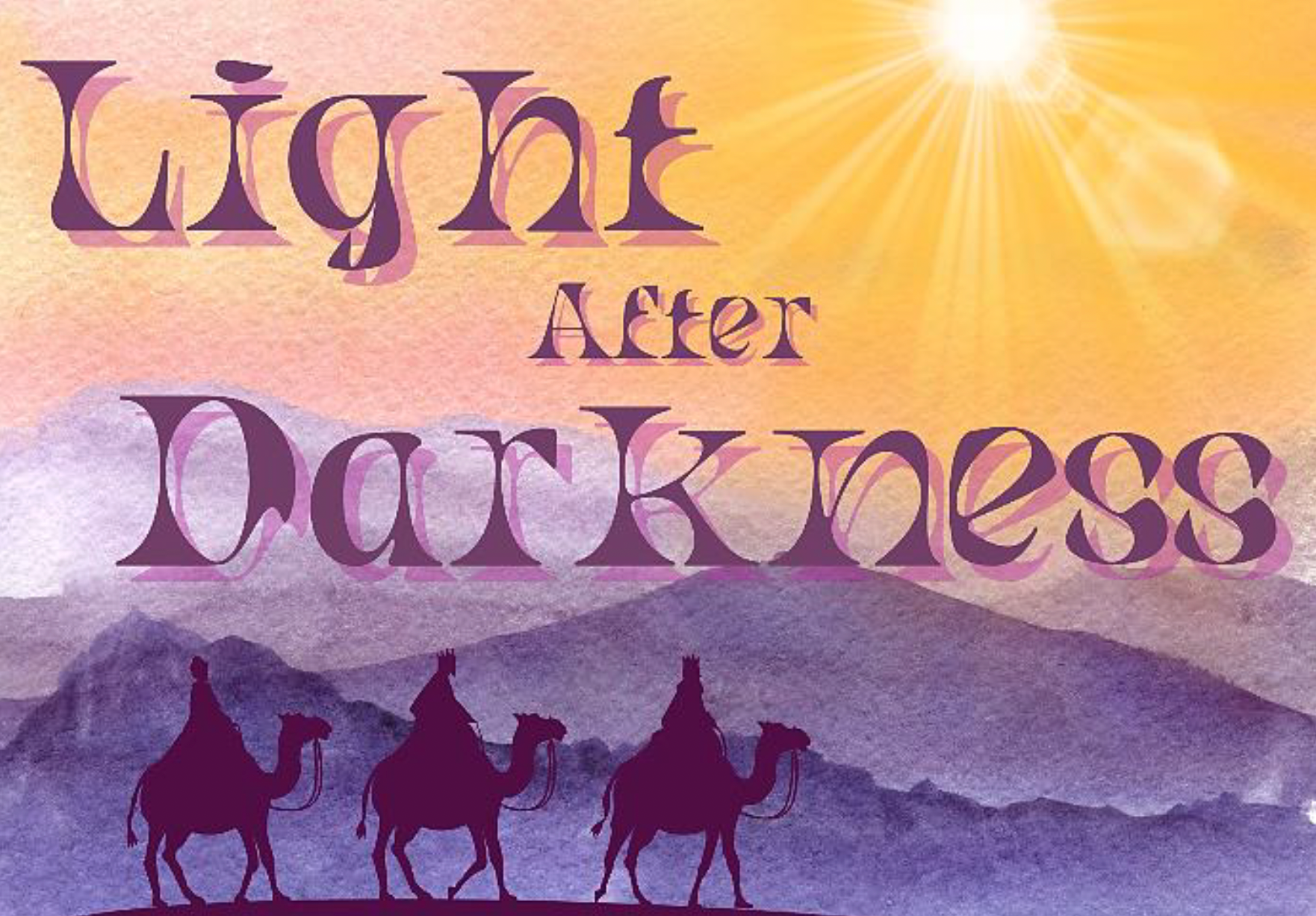
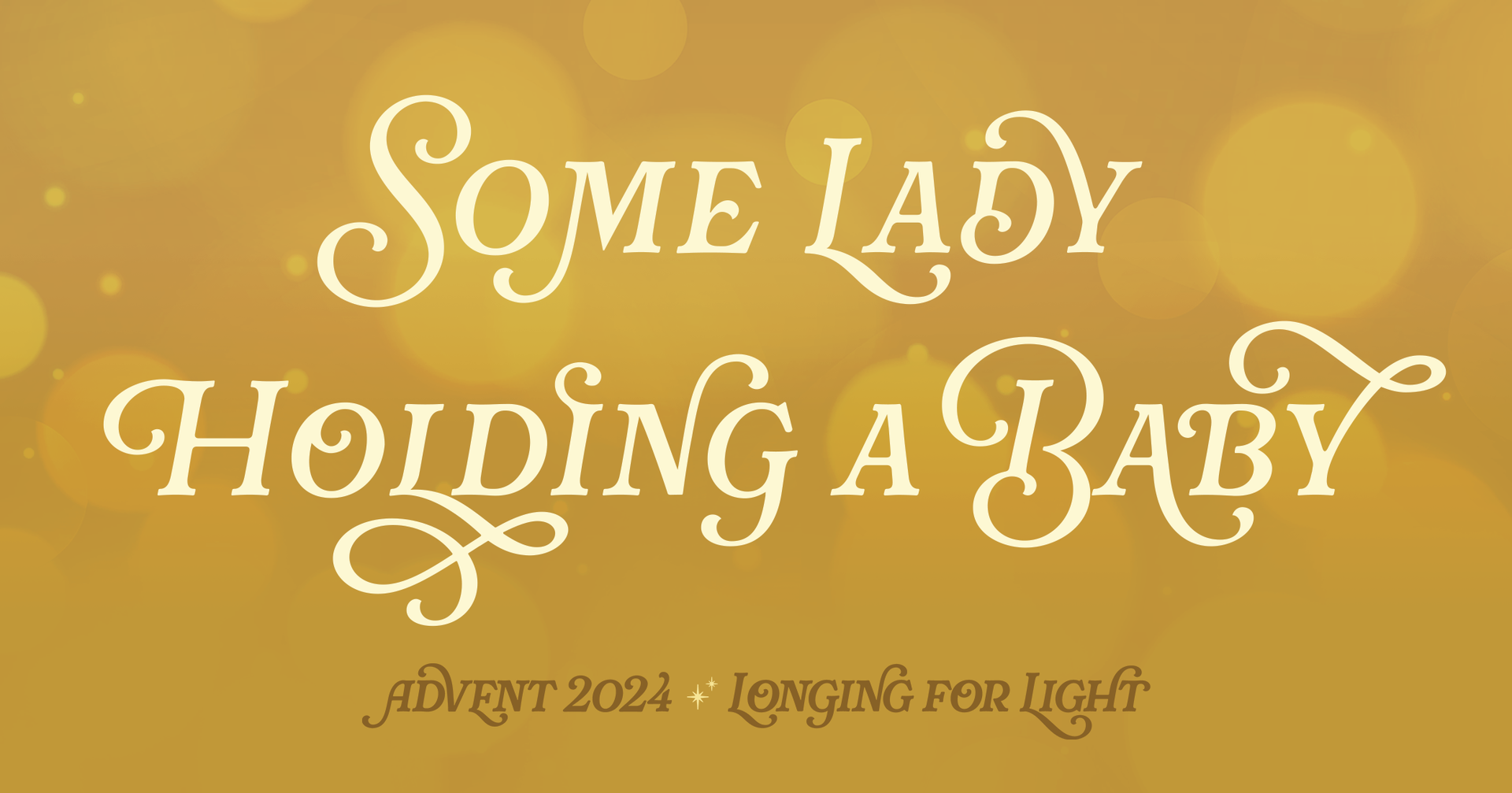
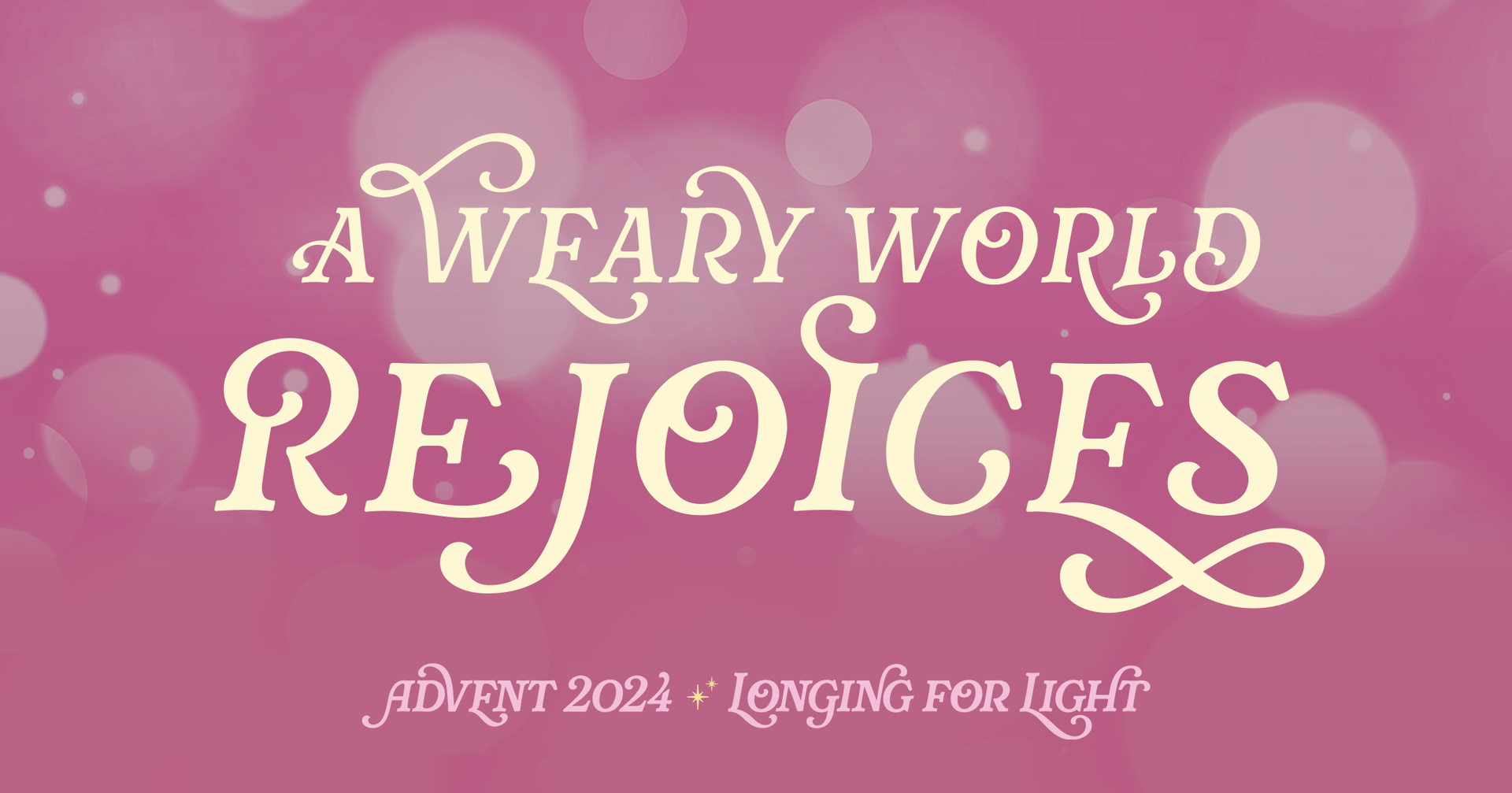
About Us
Our mission is to nurture and inspire our faith community to transform lives for Christ.
Church Office Hours
Sunday:
9:30am - 1pm
Monday - Friday:
10am - 4pm
Saturday: Closed
Contact Info
Calvary Presbyterian Church
2515 Fillmore Street
San Francisco, CA 94115
1 (415) 346-3832
info@calpres.org
Calvary is a 501(c)(3) nonprofit organization.
Tax ID # 94-1167431




